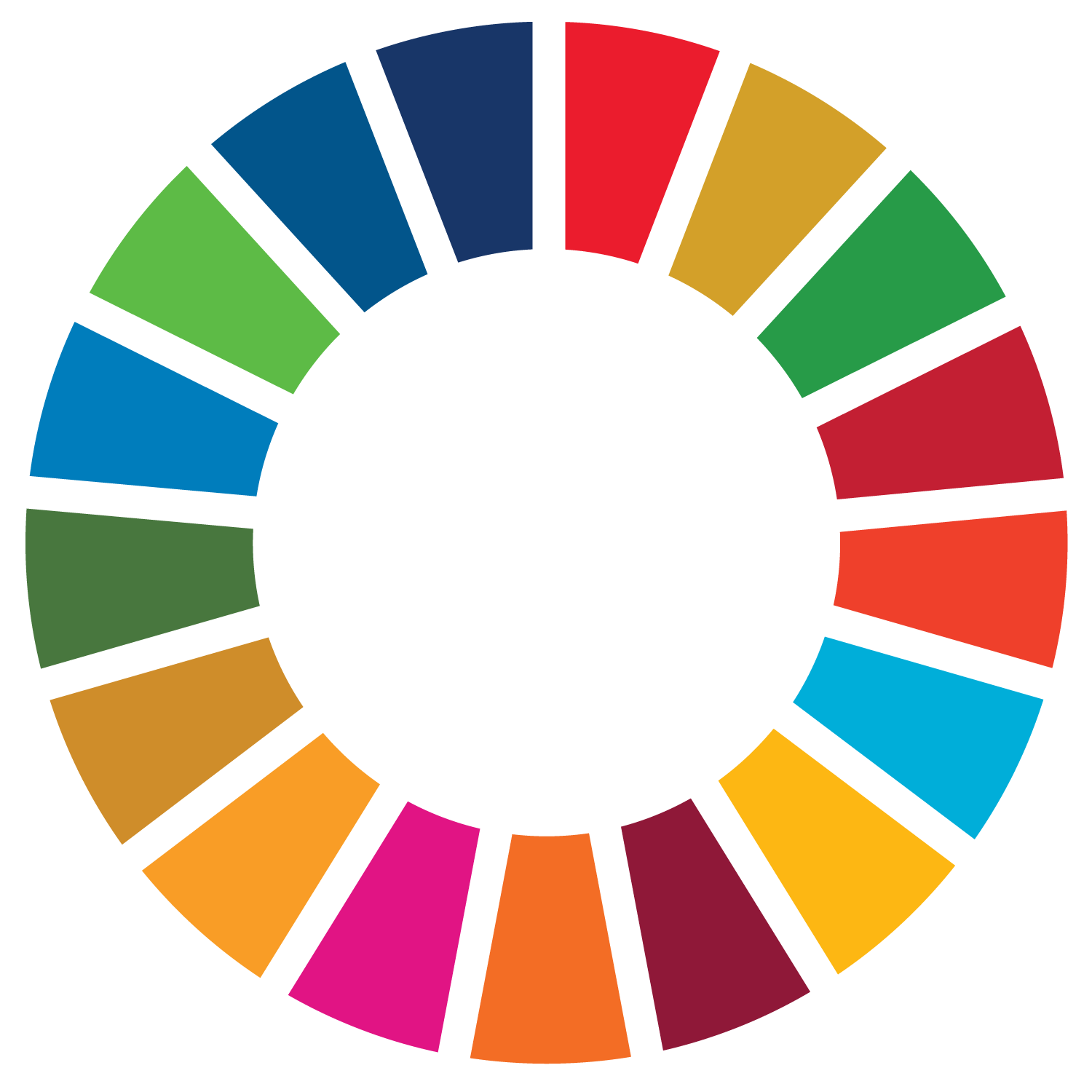Photo: The Nature Conservancy
Freshwater resources are central to achieving the SDGs because of how they relate to social, economic, and environmental activities. Conserving, restoring, and making sustainable use of Africa’s freshwater ecosystems creates significant benefits, such as:
- Improving water service delivery and food production
- Fostering human and environmental health
- Conserving biodiversity and increasing resilience to natural hazards
- Fostering transboundary cooperation and reducing natural-resource conflicts
However, historically and with good reason, efforts at the country level have tended to focus on Water Supply and Sanitation (WaSH), rather than more broadly on integrated water resources management, thereby potentially missing out benefits to multiple sectors, like some of those listed above.
Pilot initiative in two African countries
Last year, the UNEP-DHI Centre supported UNEP’s Africa Office to undertake a pilot initiative on how best to support UN Country Teams (UNCTs) to strengthen understanding of the role of freshwater ecosystems and integrated approaches to water resources management to support multiple development objectives; and to ensure that this is adequately incorporated into UN country programming and cooperation frameworks with national governments.
The initiative involved two pilot countries, Malawi and South Africa, to identify how UNEP could best support integrated approaches to water and land management within the UNCTs. In each country, stakeholder consultations informed a Rapid Needs Assessment to identify the key needs of the UNCT, in line with the priorities of the government. This was followed by the development of a support package that can be used by the UNEP Africa Office and the UNCTs, to facilitate the mainstreaming of water resources management into UN Sustainable Development Cooperation Frameworks (UNSDCFs) and Common Country Analyses (CCAs).
UNEP-DHI also supported the UNEP Africa Office to identify freshwater and water resources management related data, tools, services, and information that UNEP could provide to UNCTs during the CCA and UNSDCF processes. It also reviewed data sets on freshwater resources in Africa and identified sources that could support UNCT processes as well as potential gaps. A database compendium was then developed by the Center, and recommendations were made on how it could be further developed to enable other countries to access relevant information.
The UNEP-DHI Centre also made recommendations for scaling up the pilot initiative to support other countries in Africa in ensuring that the environment pillar of sustainable development is adequately addressed in UN programming at the country level.
Outputs to strengthen integration of freshwater in UN country programming.
The series consists of the following outputs, with primary target audiences in brackets:
- Rapid Needs Assessment Report (UNEP Africa Office). Last update: 31/10/22.
- Briefing note (UN Resident Coordinators and UN Country Teams). Last update: 31/10/22.
- The case for integrated approaches to achieve multiple development objectives (UNRCs, UNCTs, government and non-government stakeholders). Last update: 31/10/22.
- Database Compendium: water and environment (UNEP Africa Office). Last update: 31/10/22.
- Concise assessment guideline: Strengthening coordinated water, land and ecosystem management in UN Sustainable Development Cooperation Frameworks in Africa (UNEP Africa Office). Last update: 31/10/22.
- Evidence of success: examples of Nature-based Solutions (NbS) and Integrated Water Resources Management (IWRM) for multiple development objectives (UNEP Africa Office). Last update: 31/10/22.
- Finance toolkit for NbS and IWRM (UNEP Africa Office). Last update: 31/10/22.
- Presentation template (for use primarily by UNEP Africa Office). Last update: 31/10/22.
- Rapid Needs Assessment Report (UNEP, development partners). Last update: 31/10/22.
The initial study was undertaken in 2022.
For more information, please contact Paul Glennie, Senior Technical Advisor at UNEP-DHI.
Share this post
UNEP DHI Partnership – Centre on Water and Environment
Agern Allé 5, 2970 Denmark
Tel: +45 45169200
